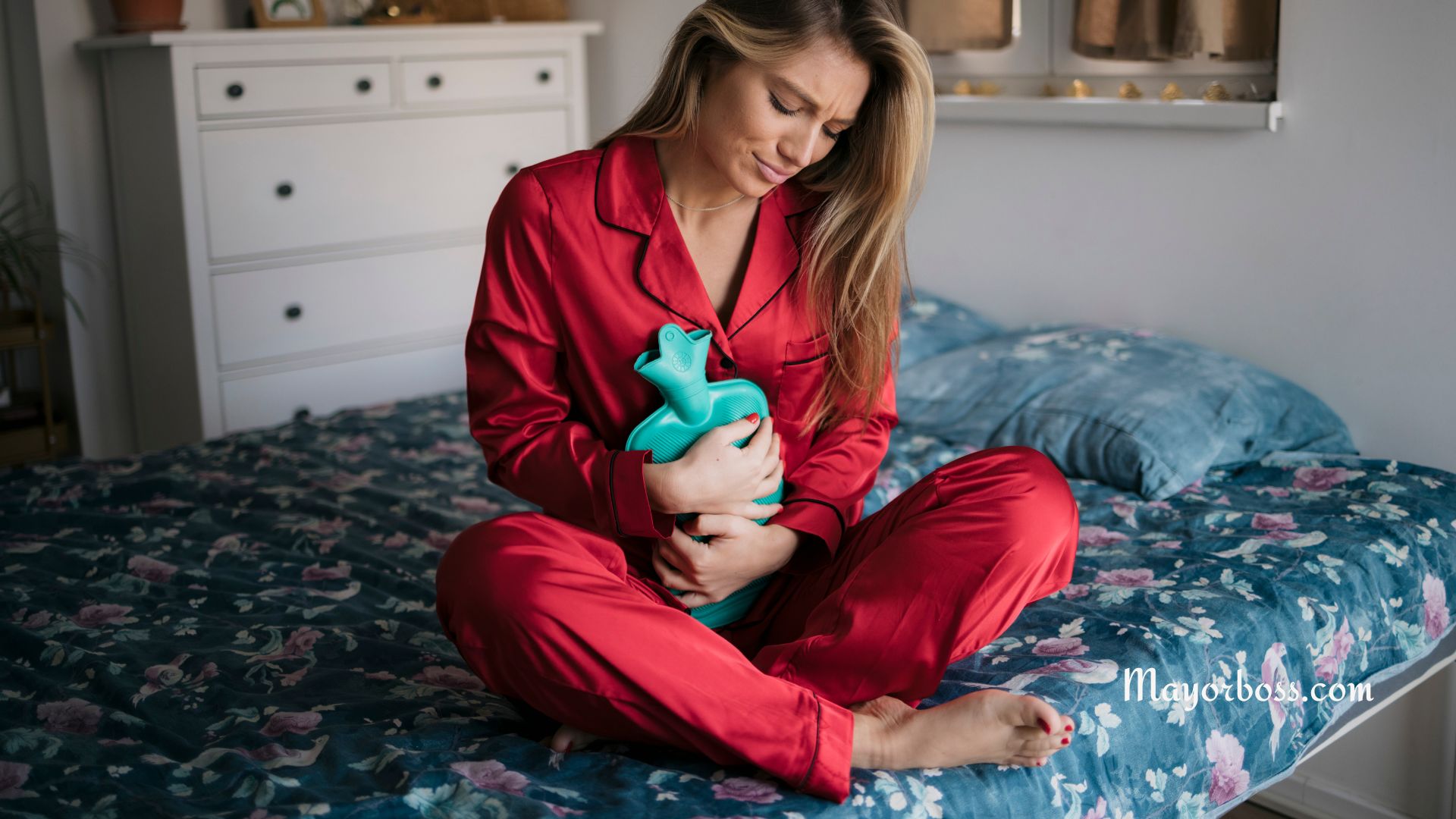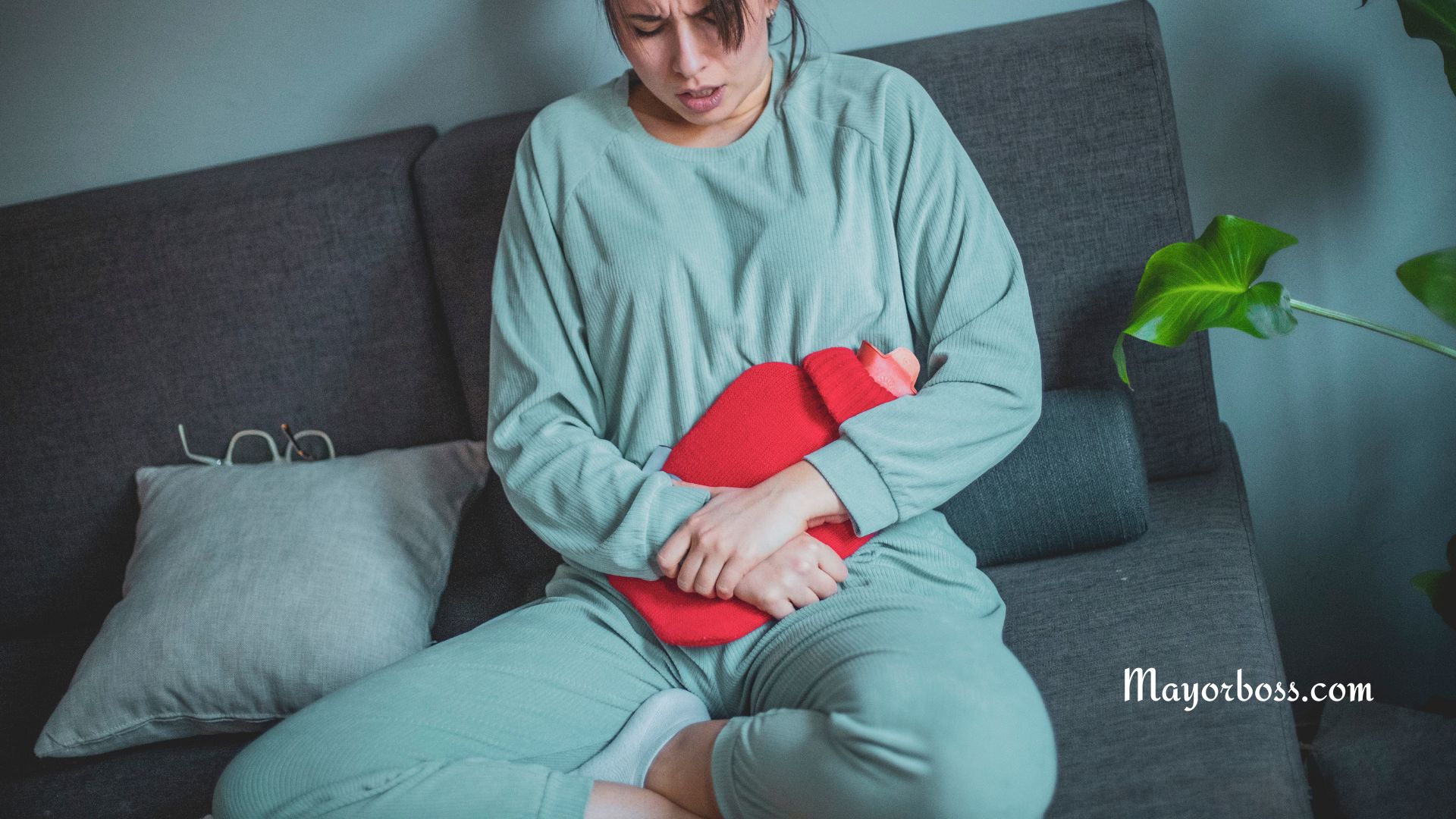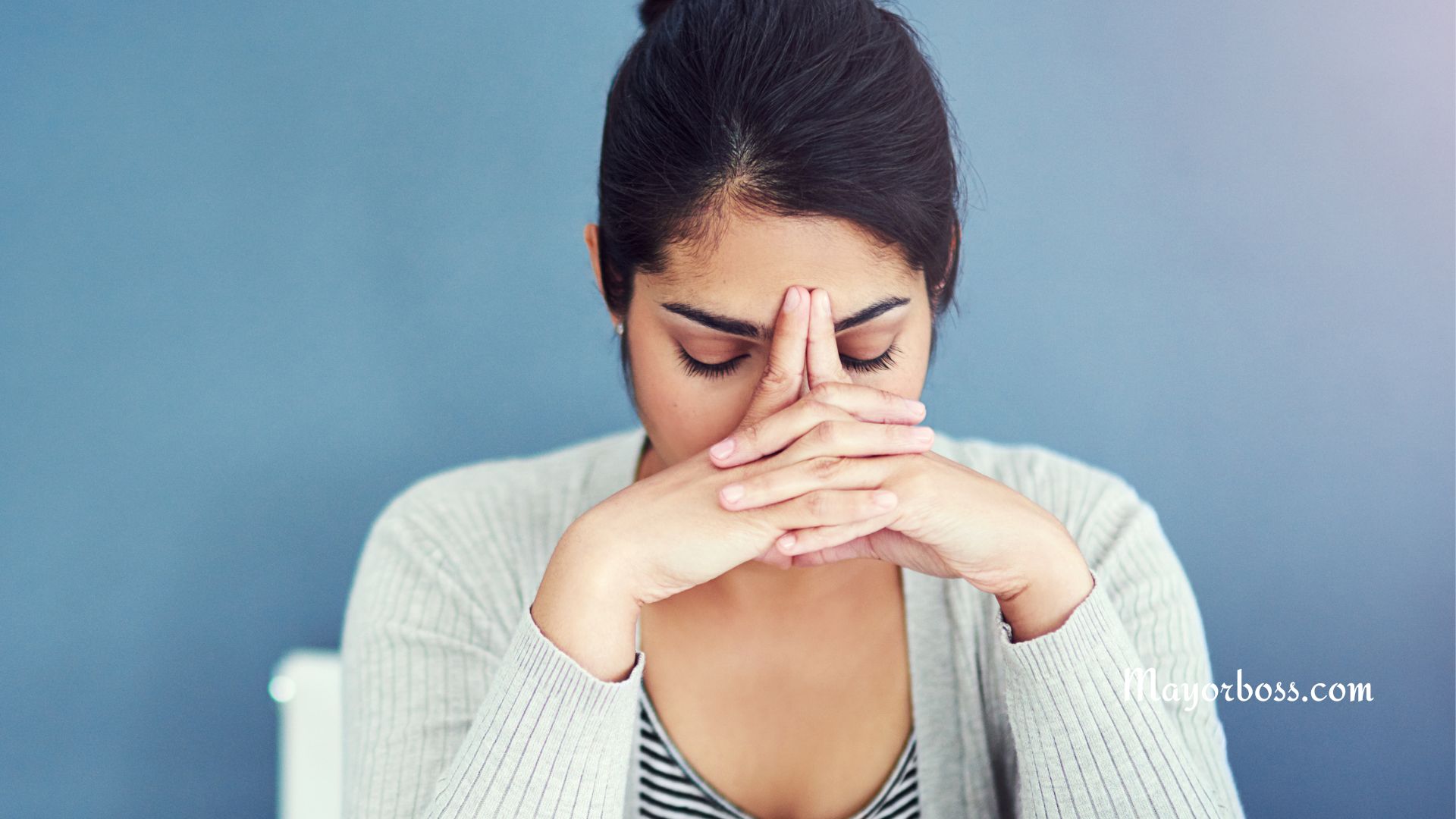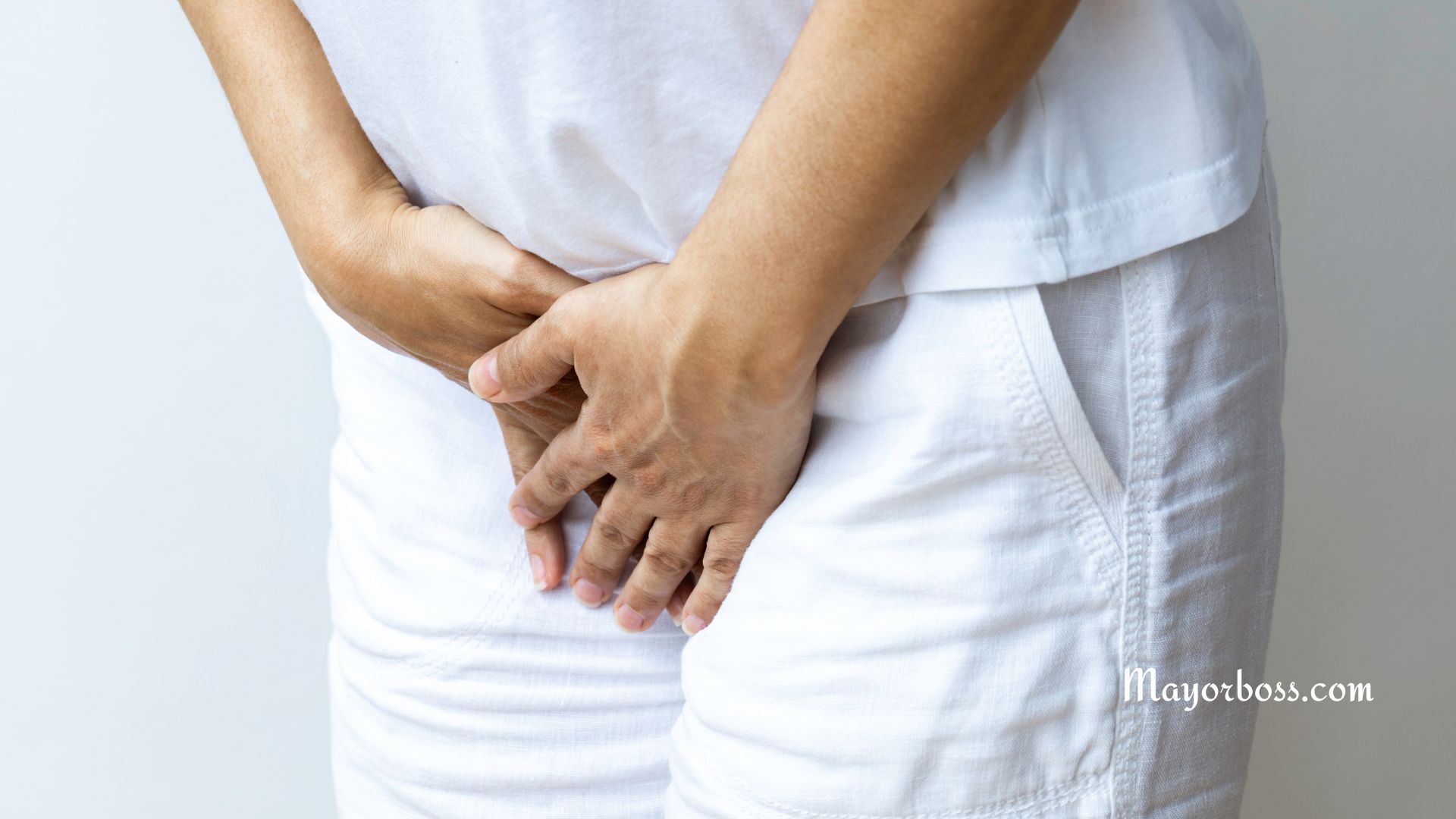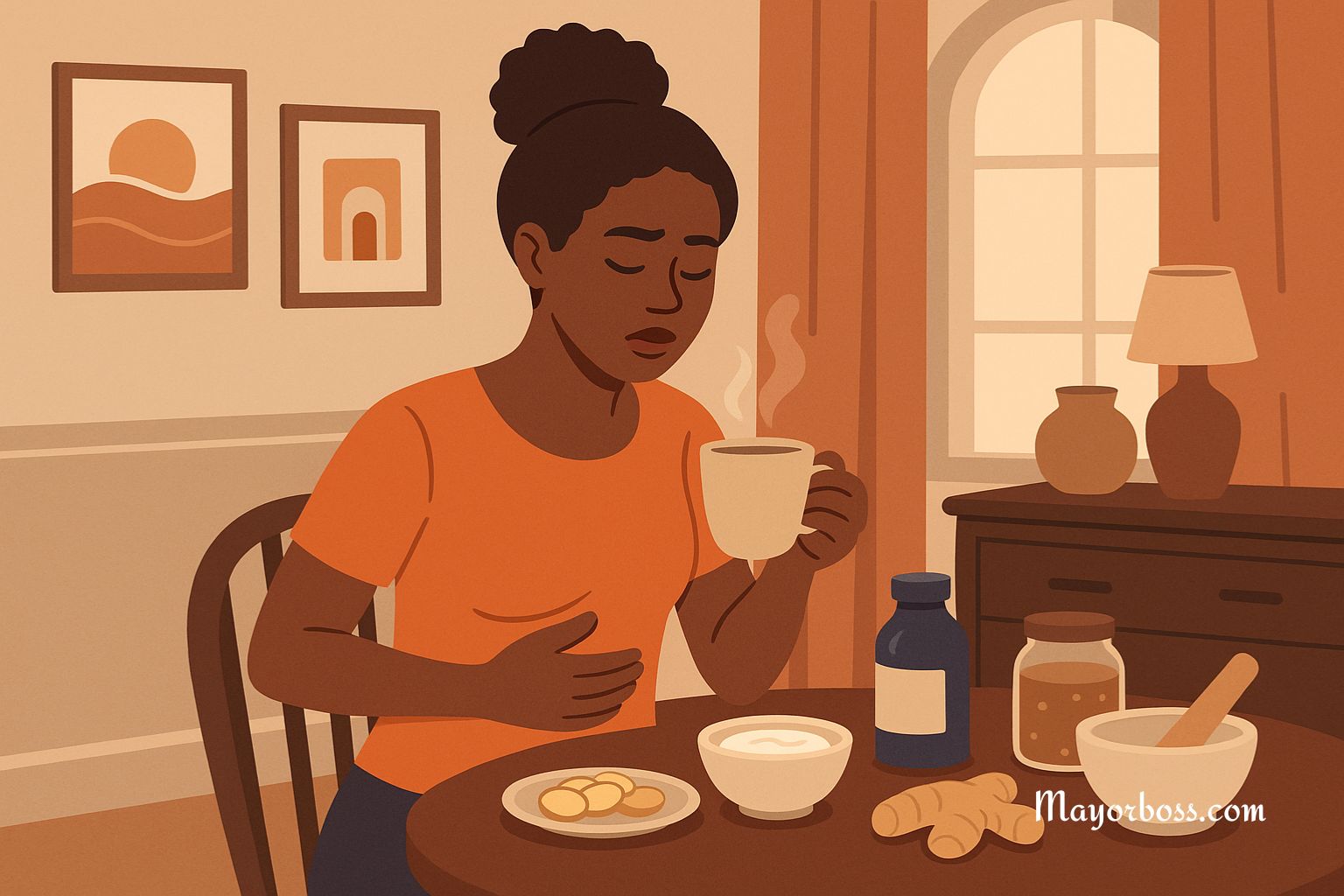How to Relieve Lower Back Pain
Lower back pain is a common complaint among people of all ages. It may result from muscle strain, herniated discs, arthritis, or other underlying health conditions. Fortunately, there are various ways to alleviate this discomfort, including physical exercises, proper posture, and over-the-counter medications. This article explores different methods to ease lower back pain.
What Relieves Back Pain?
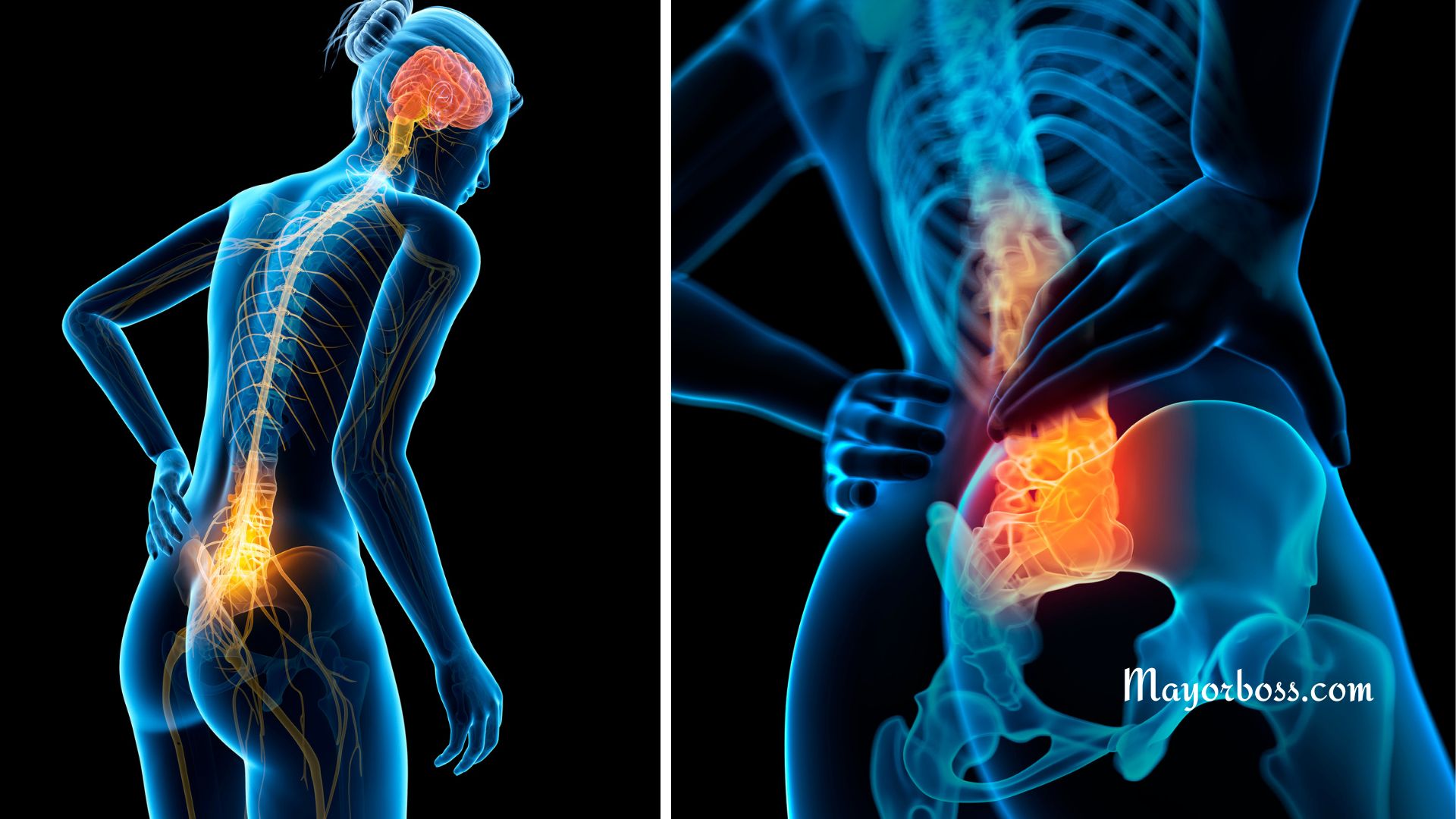
Gentle Stretching
According to many experts, gentle stretching can make a world of difference. You can try stretching your legs, hips, and lower back. A simple stretch might involve lying on your back and pulling your knees to your chest. Hold for 30 seconds and repeat.
Regular Exercise
You might think exercise would make things worse, but it often helps. Walking, swimming, yoga and pilates are some the most effective exercise to relieve back pain quickly. Just be sure to avoid heavy lifting or high-impact activities. Here are some exercises to help with back pain.
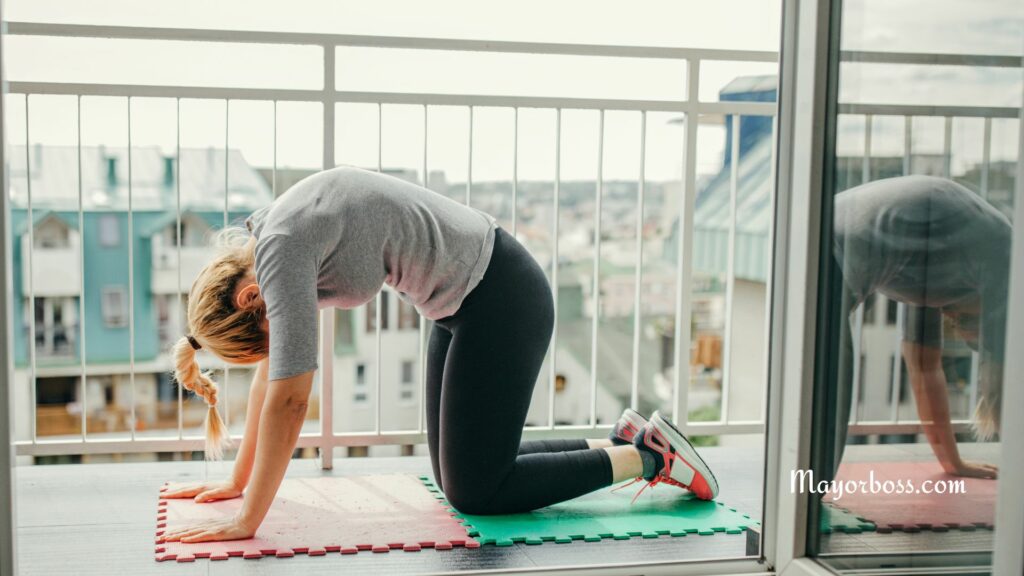
Sleep Right
The way you sleep can affect your back too. Try sleeping on your side with a pillow between your knees. If you sleep on your back, place a pillow under your knees. This can take the pressure off your lower back. Here is how to sleep with lower back pain.
Pain Relievers
Over-the-counter pain relievers like ibuprofen or acetaminophen can help relieve back pain. Talk to a pharmacist if you have questions.
Proper Posture
Bad posture can be a major cause of lower back pain. If you sit at a desk all day, make sure your chair supports your lower back. Stand up and walk around every so often. Keep your shoulders relaxed and your feet flat on the floor.
Physical Therapy
Sometimes, the pain might be too much to handle on your own. In that case, physical therapy can be a great option. A trained therapist can guide you through specific exercises tailored to your needs.
Chiropractic Care
You may also consider visiting a chiropractor. They specialize in the alignment of the spine and can help ease lower back pain.
Massage Therapy
A professional massage can be relaxing and therapeutic. It can help loosen tight muscles and provide relief.
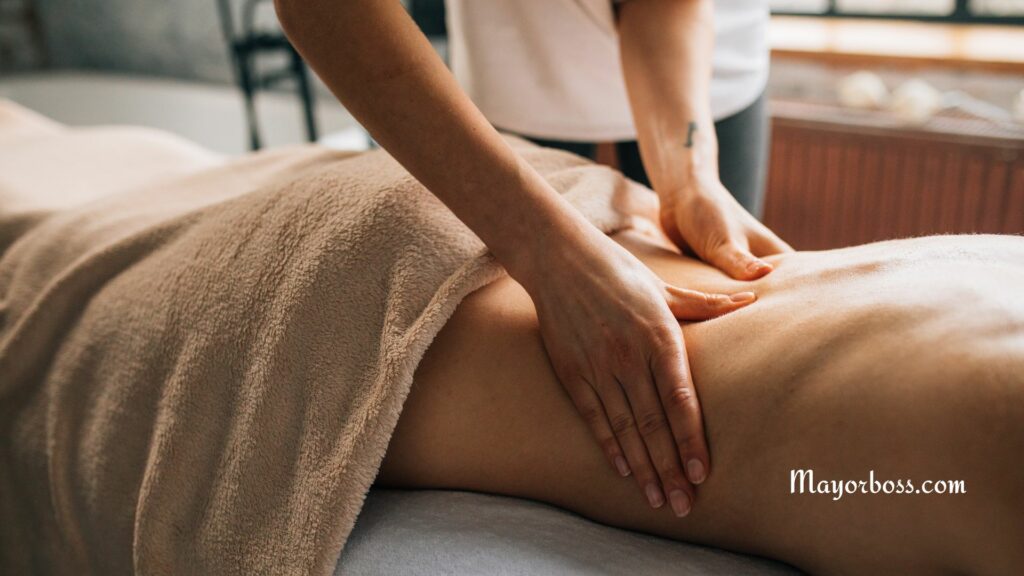
Acupuncture
According to some studies, acupuncture may help with chronic lower back pain. It involves the insertion of thin needles at specific points on the body.
Causes of Lower Back Pain
Muscle Strain or Sprain
You might feel pain if you’ve overworked your muscles by lifting something too heavy or exercising too hard. This usually gets better with some rest.
Arthritis
Older people sometimes get arthritis in their lower back, and this can make the area feel sore.
Herniated Disc
A disc in your spine might slip or rupture, pressing on a nerve and causing pain in your lower back.
Osteoporosis
This condition makes bones weak and brittle, and it can lead to painful fractures in the spine.
Kidney Problems
Since your kidneys are located near your lower back, problems like kidney stones or infections might cause pain in this area.
Sciatica
This happens when a nerve in your lower back is irritated or pinched. You might feel pain, numbness, or tingling that goes down your leg.
Infections
Sometimes, infections in the spine can cause lower back pain. This is less common but needs to be treated right away.
Tumors
Although rare, tumors in or near the spine could be the reason for lower back pain. This is a serious condition that requires medical attention.
Spondylolisthesis
In this condition, one of the bones in your spine slips out of place, which can cause lower back pain.
Pregnancy
Women who are pregnant often feel lower back pain due to the extra weight and changes in posture.
Obesity
Carrying extra weight can put stress on your back, leading to pain in the lower region.
Improper Lifting Techniques
Lifting heavy objects without using the right techniques can strain the muscles in your lower back.
Stress and Anxiety
Believe it or not, stress and anxiety can sometimes cause lower back pain as well.
Frequently Asked Questions
How Can I Prevent Lower Back Pain?
You can take steps to prevent lower back pain by maintaining proper posture, exercising regularly with a focus on strengthening your back muscles, avoiding heavy lifting, and using ergonomic furniture. Additionally, maintaining a healthy weight and being mindful of your body movements can also contribute to preventing back pain.
When Should I See a Doctor for Lower Back Pain?
If your lower back pain persists for more than a week or becomes severe, it might be time to see a healthcare provider. Additionally, if you experience other symptoms like numbness, tingling, or loss of bladder control, you should seek professional medical help immediately.
Can Lower Back Pain Be a Sign of Something Serious?
While most lower back pain is not caused by serious medical conditions, it can sometimes be a sign of underlying issues like kidney problems, infections, or even tumors. If your pain doesn’t improve with home care or is accompanied by other concerning symptoms, it’s wise to consult with a healthcare provider.
Are There Any Natural Remedies for Lower Back Pain?
Yes, there are natural remedies that might help alleviate lower back pain. Some people find relief through methods like hot or cold compresses, gentle stretching, yoga, massage therapy, or acupuncture. It’s worth exploring these options, but always consult with a healthcare provider if you’re unsure or if the pain persists.

